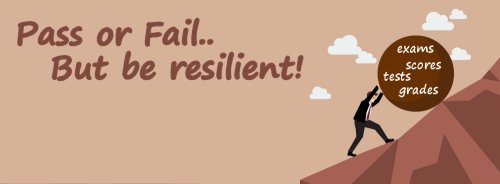Once again it is December and another year is drawing to a close which makes for a good opportunity to stop and look back.
Personally this year has seen some major changes for me. After over 7 years living and working in the UAE in the Middle East I have now relocated back to the UK to take up post as the Director of IT within an independent sector school. As such this blog entry is being written in slightly less temperate conditions than last years posting which was written by the Burj Khalifa in Dubai.

This has proved to be a significant challenge in adapting to a new job while also trying to setup a new house. It has meant that August, September and October passed in a flash filled with various stressful incidents however now in December I think things are starting to settle down. My new post means that I am focussed on a single school as opposed to working across multiple school projects, plus it also means I am no longer driving for 2 hours plus per day. I hope that this will allow me to spend more time on my own professional learning and on engaging and sharing with colleagues including via twitter, etc.
This year has seen me engage in some excellent online professional learning opportunities. #teacher5adaysketch was very much about looking a teacher wellbeing which has been a reasonably consistent topic for discussion over the last year. It is clearly important for teachers to deliver the best learning experiences for their students however it is equally important that in doing so teachers are aware of their own wellbeing and workload. The need to identify bureaucratic requirements where impact on learning is minimal is key as given time is limited we need to focus on the tasks and activities which have the greatest impact. Personally this is something I feel I need to work on. The reduction in my daily travel times should allow me more time to focus on work/life balance and on my own wellbeing however I also feel I will need to learn to disconnect occasionally and also focus on working smarter rather than harder. I have started using Buffer following a blog entry from @teachertoolkit which is just one step towards trying to work smarter.
Following from #teacher5adayskectch I ran #teacherappaday. Sadly I was disappointed with how this went although I suspect that this was largely due to the lack of time I had available for this task and therefore the fact that the majority of the apps I shared where reasonably common and well know. Where I attempt to undertake similar things in the future it will be key that I ensure I have the time available to undertake the task properly as otherwise the time spent may lack impact or ultimately be wasted and lost time. Not long after though, in December, I came across #appsharelive, which was a much more advanced event from @ictevangilist. This saw teachers from across the UK coming together via Google Hangouts to demonstrate app ideas. I think this event was excellent and very useful so I look forward to seeing it repeated during 2016. I also look forward to sharing this with colleagues at my new school so that they benefit from the excellent ideas on show.
2015 has also seen me engage in teacher vendor certification with me successfully achieving both the Microsoft Certified Educator and Google Certified Educator Level 1 status. My hope is that during 2016 I will be able to build on this in terms of experimenting with the certifications which are available, developing myself professionally and also helping me engage and share ideas with others.
I will miss working internationally and also the ability to work across differing schools although I will also be glad to be able to be more focussed. I regret not developing my Arabic language skills beyond very basic (and I mean basic) words. I will also unsurprisingly miss the warmth of the Middle East although I will be glad to be away from the oppressive summer heat.
I look forward to 2016 and the new challenges which await including building on sharing and collaboration relating to educational technology, developing IT strategy within my new school and also furthering my own professional learning. During 2015 I engaged more with my twitter PLN and started to experiment with other resources such as Staffrm.io however in 2016 I hope to build on this further. I also hope to develop some consistency in my blogging which I had intended to do during 2015 however never fully realised. In the Middle East I attended a number of educational conferences and I now look forward to engaging with the various conferences and events which are run within the UK including visiting BETT UK after a prolonged absence.
For me 2016 is very much a new start filled with new opportunities and I look forward to it with some enthusiasm.

Merry Christmas and all the very best for 2016!





